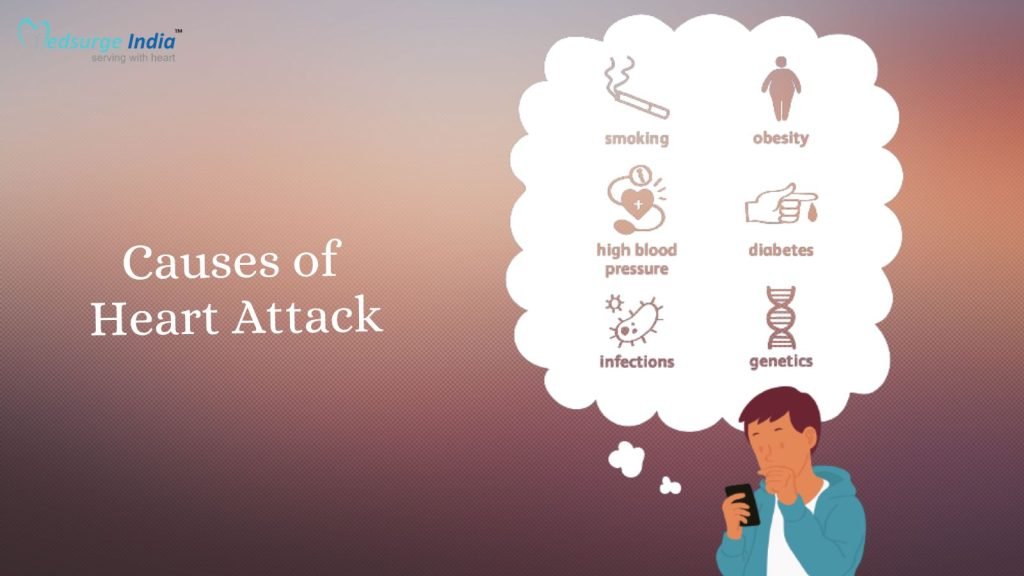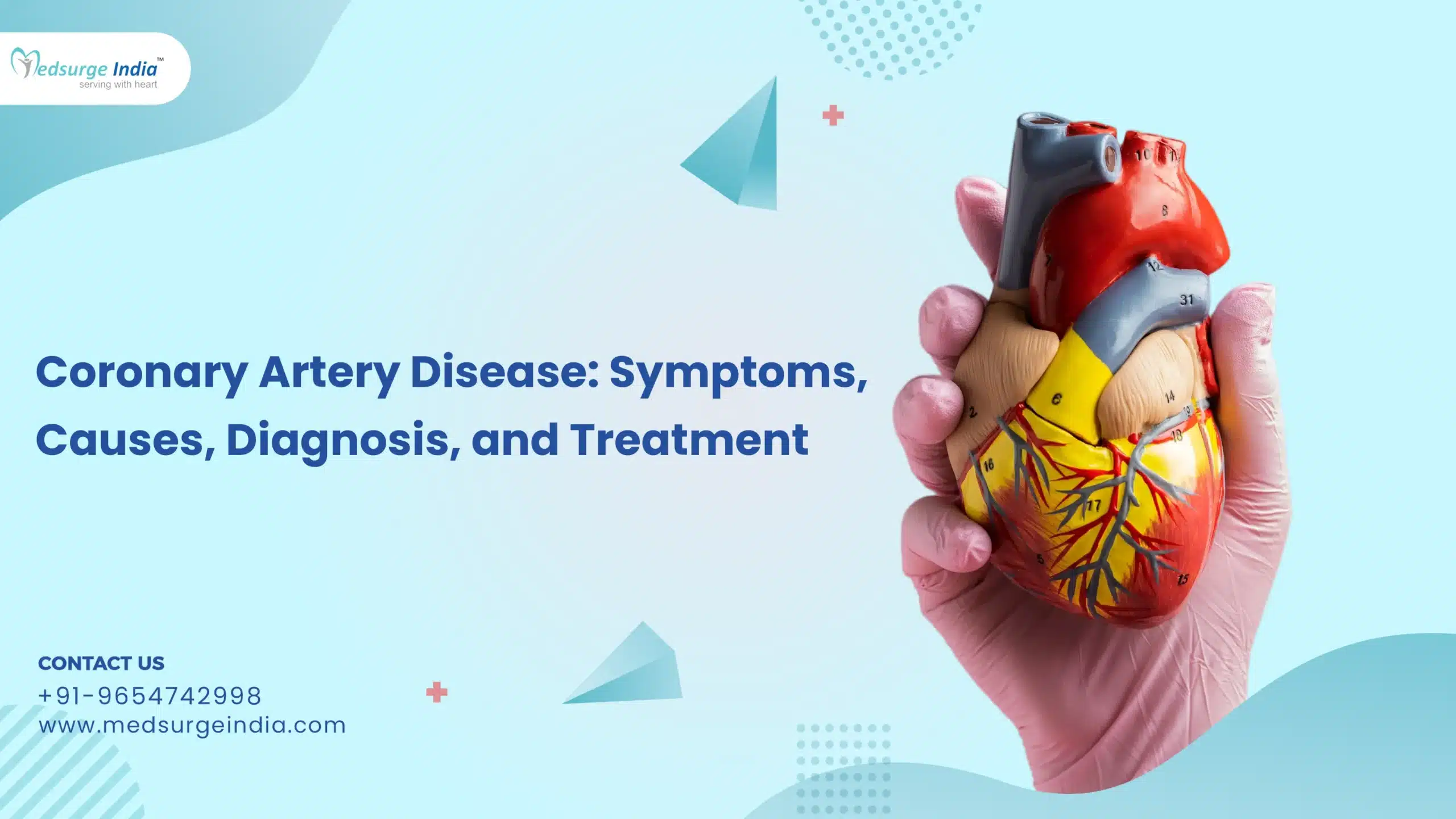
Life After a Heart Attack: Tips for Recovering
You may feel anxious and overburdened after a heart attack. Quite a few questions undoubtedly come to mind. Starting with looking after oneself, there are numerous things to think about. During this moment, seek assistance from others around you. If you want particular guidance or have any worries, discuss them with your doctor.
A speedier and more thorough recovery from a heart attack has been made possible by significant improvements in the quality of drugs, stents, image-guided angioplasty procedures, heart bypass surgery, and surgical techniques including minimally invasive surgery and robotic surgery during the past 10 years. The majority of angioplasty patients are released from the hospital in 48 to 72 hours and may resume their regular activities in 1 to 2 weeks.
Plus, the best cardiac surgeons comes from India, which is considered one of the top countries for heart surgery. Dr.– is known as the best cardiac surgeon in India. Also, heart bypass treatment in India is more affordable as compared with other well know countries and achievement is partly because of the cutting-edge medical technology used in Indian hospitals. — hospital is considered to be one of the best hospital for cardiac surgery in India.
What is a Heart Attack
A medical disease called a heart attack occurs when the blood supply to the heart is blocked. Whenever a clot exists in the vessel, this often occurs. Such a stroke can be fatal since the heart muscle can get damaged due to a lack of blood. Myocardial infarction is another name for this ailment. The patient may occasionally show some warning symptoms prior to the attack, however in other circumstances there may be no symptoms at all.
Chest discomfort, upper body ache, perspiration, exhaustion, nausea, and shortness of breath are some of these warning signs. As soon as a person notices these symptoms, they must immediately see a doctor.
Helpful – Everything You Need To Know About Heart Disease
Causes of Heart Attack
Plaque buildup on the artery walls, which prevents blood from getting to the heart muscles, is the most frequent reason for a heart attack. Sometimes the reason might also be blood clots or blood vessel tears.

One of the uncommon reasons is coronary artery spasm, which finally prevents blood from getting to the heart muscle. The use of cocaine and other illegal substances, as well as cigarettes, can result in spasms.
Tips For A Healthier Lifestyle After A Heart Attack
Make a diet plan: A healthy diet that is both nourishing and balanced is essential to rehabilitation. It is advised to consume a lot of fruits, vegetables, and dry fruits while slightly reducing your intake of oil and salt. Non-vegetarians might increase their intake of fish and lean meat while cutting back on red meat temporarily.
Helpful – Top 10 Food Items For The Healthy Heart
Exercise: The greatest cardiovascular activity after a heart attack is walking, which patients can start doing as soon as one week after being discharged and progressively speed up. Usually, it takes less than a month to get everything back to normal. The rehabilitation process is aided by relaxation exercises, yoga, and meditation. It has been seen that a sizable proportion of patients who were athletes, sportsmen, and marathon runners have gradually resumed their normal routines, albeit this might vary from person to person.
Regular health examinations: Regular health examinations that include lipid profiles, blood sugar levels, renal function tests, ECGs, echocardiograms, and TMTs are required. These aid in optimizing the drugs and spotting any potential problems. Additionally, it is preferable to go to the hospital straight once if one has shortness, chest discomfort, arm pain, jaw pain, or back pain following a heart attack. If the right medicine is given at the right time, these issues are often rare.
Quit smoking: A significant risk factor for heart disease is tobacco usage. The blood vessel walls are harmed by it. It may impede your heart and other organs from receiving blood and oxygen. Additionally, it can result in blood clots, which can result in heart attacks. The primary ingredient in tobacco, nicotine, increases blood pressure. Ask your doctor for a strategy to stop smoking if you do. Avoid secondhand smoke as well. Smoke can be inhaled during smoking or when someone else exhales smoke.
Maintaining blood pressure: Your heart and blood arteries are under stress due to high blood pressure. For guidance on managing your blood pressure, go to your doctor. Exercise, a salt-free diet, and weight loss, if you’re overweight, are all included in this. Additionally, your doctor can recommend medications to regulate your blood pressure. For all medications, it’s crucial to adhere to your doctor’s recommendations.
Helpful – High Cholesterol: What You Need to Know
Reduce your level of stress: Heart attacks may be unsettling and frightful. For advice on how to manage your emotions, speak with your doctor. Your risk of heart disease may be impacted by stress and depression. Depression and other mood disorders are common after a heart attack. Your primary care physician could do a screening for this. In the event that they are identified, they could offer appropriate treatments including counselling and prescription medication.
Watch Tanzania Patient Testimonial -> CRT-D Implantion
Therapy and support groups: The heart team, which includes a cardiologist, cardiac surgeon, nutritionist, and physiotherapist, provides in-depth counseling to the patient and family before discharge in order to help them develop self-confidence and faith in the healing process. Patients who have experienced a heart attack may also find it difficult to comprehend that, despite living a healthy lifestyle, they experienced a heart attack. In such circumstances, self-help/support groups where they may interact with and converse with other heart attack survivors may be able to assist them in overcoming their anxiety concerns.
Refer to Best Heart Hospital in India
Bottom Line
It takes time, patience, and a fresh commitment to your well-being to recover following a heart attack. When you have so many obligations to fulfill each day, it can be challenging to find the time to prioritize your health. However, a heart attack is a signal that your body requires further attention. Reset and concentrate on what you can do to promote your long-term health at this time. Create a future heart-healthy strategy with the help of your healthcare practitioner.












